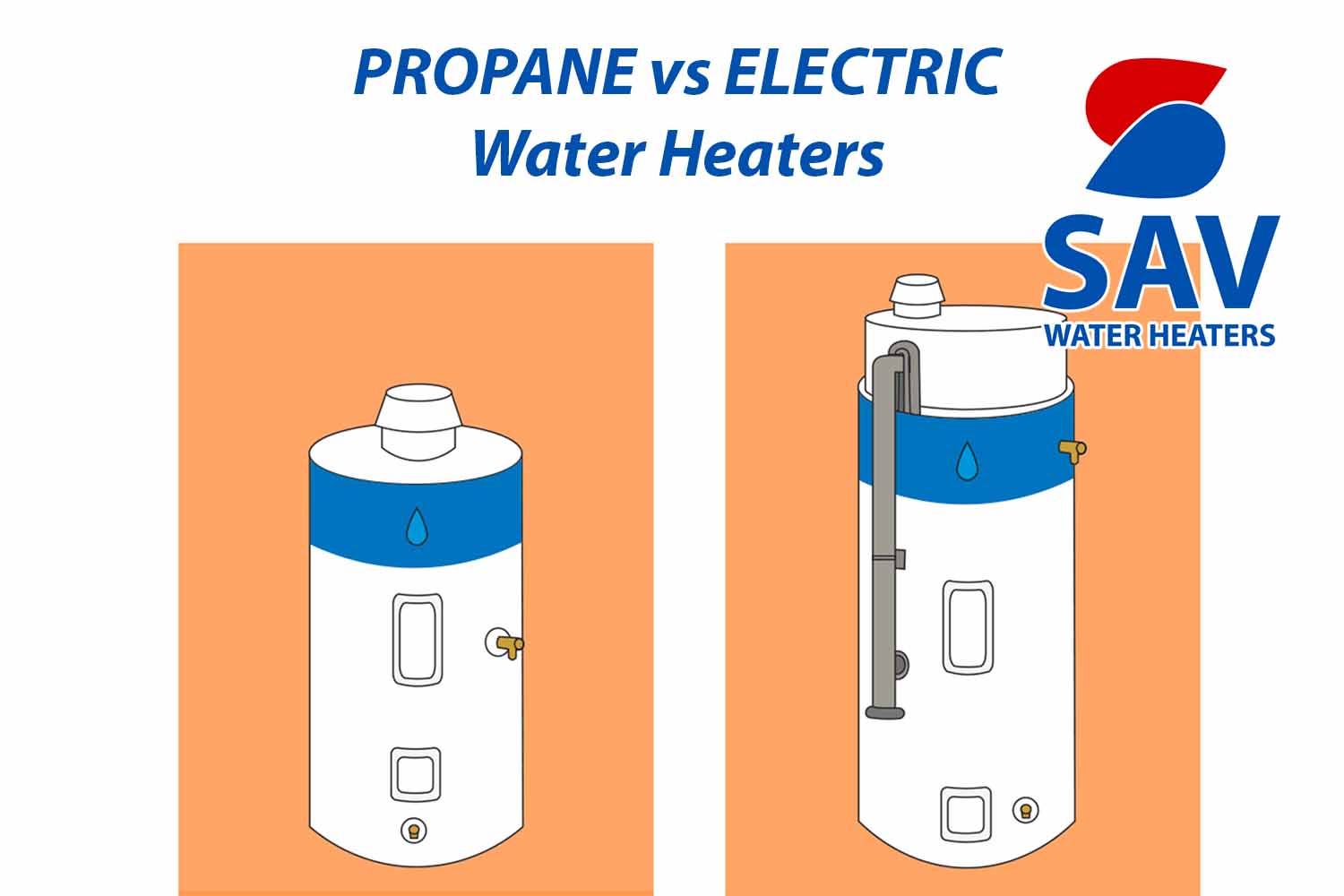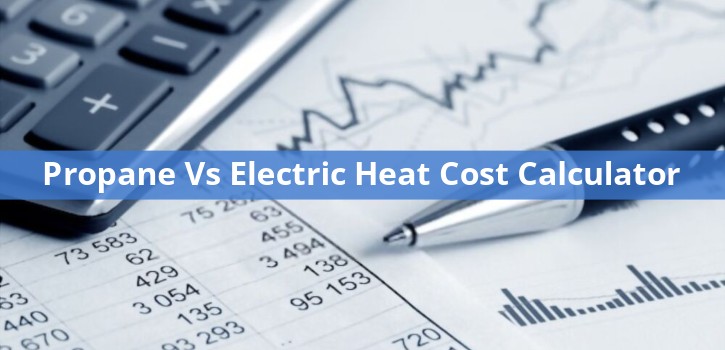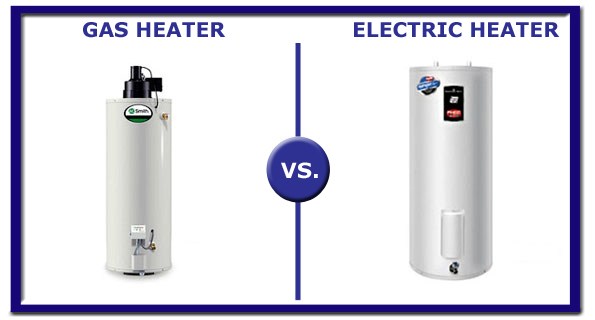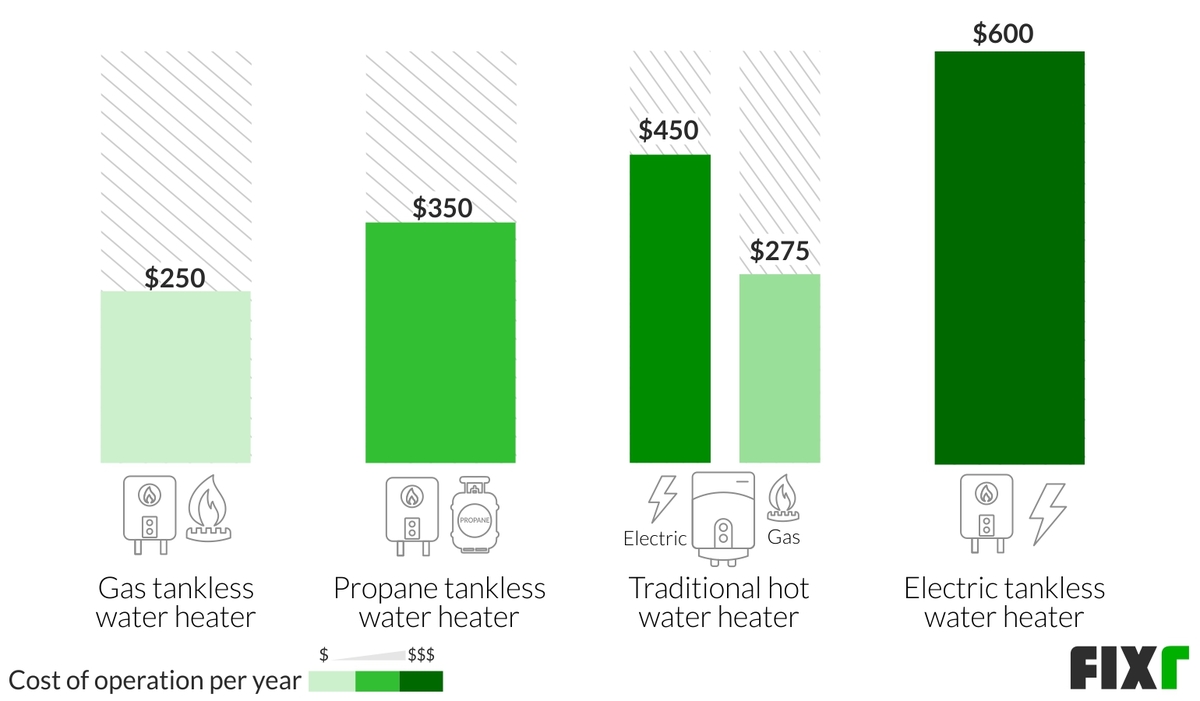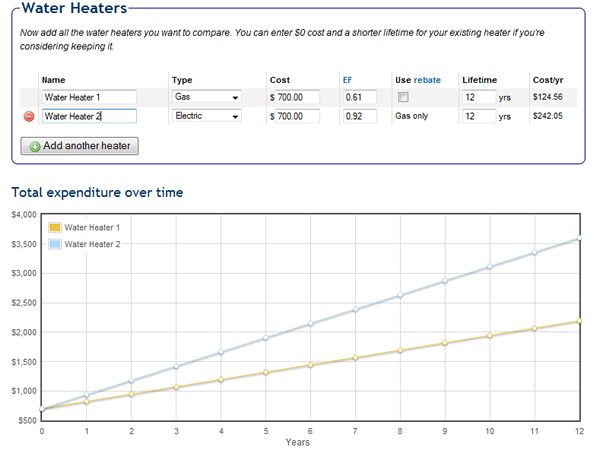Propane Vs Electric Water Heater Cost Calculator
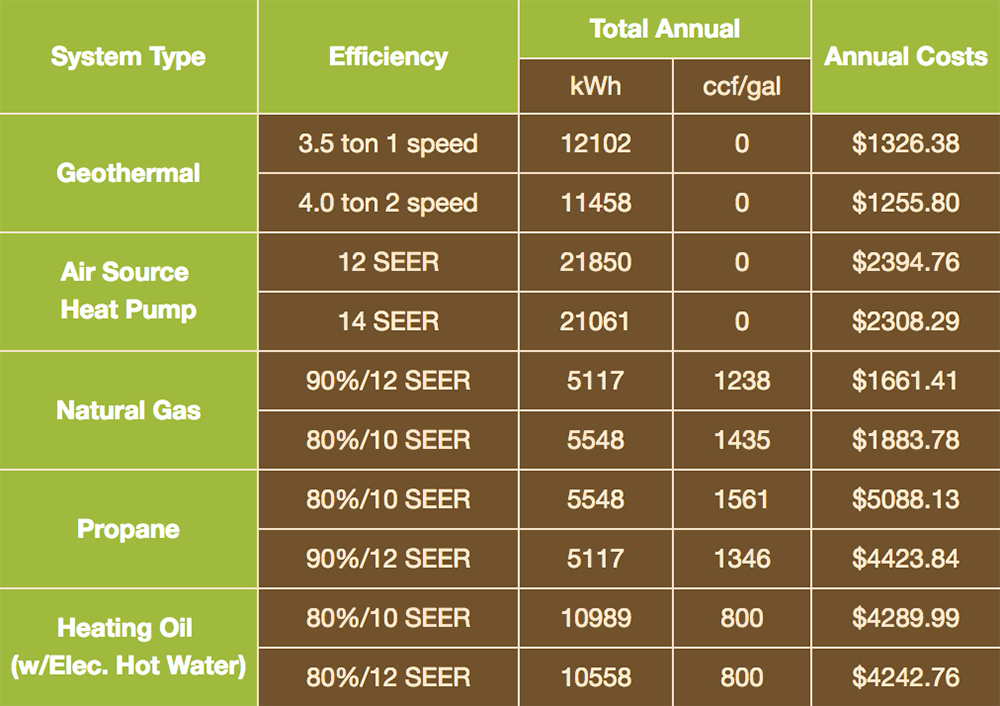
Propane vs. Electric Water Heater: Calculating the True Cost and Maximizing Energy Savings
Choosing the right water heater is a crucial decision for homeowners and businesses alike. It impacts your energy bills, environmental footprint, and overall comfort. This article delves into the comparison between propane and electric water heaters, focusing on how to accurately calculate their costs and identify opportunities for significant energy savings. We’ll also explore the benefits of smart HVAC integration and available rebates to help you make an informed decision.
Understanding the Factors Influencing Water Heater Costs
Before diving into a direct cost comparison, it's essential to understand the key factors that influence the overall expense of owning and operating a water heater:
- Purchase Price: The initial cost of the unit itself. Propane water heaters often have a higher upfront price compared to electric models.
- Installation Costs: Labor and materials required for installation. Propane units may require gas line installation or upgrades, potentially increasing costs.
- Energy Costs: The price of propane or electricity in your area. This is a fluctuating cost and the most significant ongoing expense.
- Energy Efficiency: Measured by the Energy Factor (EF), this indicates how efficiently the water heater converts fuel into hot water. A higher EF rating signifies better efficiency. Look for Energy Star certified models.
- Maintenance Costs: Routine maintenance and potential repairs over the lifespan of the unit.
- Lifespan: The expected operational life of the water heater. Propane and electric models typically last 10-15 years, but this can vary depending on usage and maintenance.
- Rebates and Incentives: Federal, state, and local rebates that can offset the initial purchase price and encourage energy-efficient choices.
The Propane vs. Electric Water Heater Cost Calculator: A Detailed Breakdown
A true cost comparison requires a comprehensive calculation. Here's a breakdown of how to estimate the total cost of ownership for both propane and electric water heaters:
1. Initial Purchase and Installation Costs:
Obtain quotes from multiple HVAC contractors for both propane and electric water heater installations. Factor in the cost of the unit, any necessary permits, labor charges, and potential upgrades to your plumbing or electrical systems.
Example:
- Propane Water Heater (40-gallon): $800 (unit) + $700 (installation) = $1500
- Electric Water Heater (40-gallon): $500 (unit) + $300 (installation) = $800
2. Energy Consumption and Costs:
This is the most variable factor and requires careful estimation. Here's how to calculate annual energy consumption and costs:
- Determine Hot Water Usage: Estimate your household's daily hot water consumption in gallons. A typical household uses around 60-80 gallons per day.
- Find the Energy Factor (EF): Check the Energy Star label or the manufacturer's specifications for the EF rating of the water heater you're considering.
- Determine the Energy Content of Propane and Electricity:
- Propane: Approximately 91,500 BTU per gallon
- Electricity: 3,412 BTU per kilowatt-hour (kWh)
- Calculate Annual Energy Consumption: This is a more complex calculation but can be simplified using online calculators or by consulting with an HVAC professional. The formula considers the amount of water heated, the temperature rise required, and the water heater's efficiency. Generally, electric water heaters are around 90% efficient, while standard propane models are 80%.
- Multiply Energy Consumption by the Unit Cost: Obtain the current price of propane per gallon and electricity per kWh in your area. Multiply your annual energy consumption (in gallons or kWh) by the respective unit cost to determine your annual energy expenses.
Example:
Let's assume a household uses 70 gallons of hot water per day, requiring a temperature rise of 70°F. We'll also assume the following:
- Propane Water Heater EF: 0.60
- Electric Water Heater EF: 0.90
- Propane Cost: $3.00 per gallon
- Electricity Cost: $0.15 per kWh
After performing the calculations (which are complex and best handled by specialized tools), let's assume the results are:
- Annual Propane Consumption: 400 gallons
- Annual Electricity Consumption: 4500 kWh
Then:
- Annual Propane Cost: 400 gallons * $3.00/gallon = $1200
- Annual Electricity Cost: 4500 kWh * $0.15/kWh = $675
Important Note: These are simplified examples. Actual energy consumption will vary based on your specific usage patterns, climate, and the efficiency of the chosen water heater model. Use online calculators or consult with an HVAC professional for a more accurate estimate.
3. Maintenance Costs:
Both propane and electric water heaters require occasional maintenance. Propane models may require periodic burner cleaning and vent inspections. Electric models may require element replacement. Estimate these costs based on manufacturer recommendations and local service rates.
Example: Assume $50 per year for maintenance for both types.
4. Lifespan and Replacement Costs:
Estimate the lifespan of the water heater (typically 10-15 years) and factor in the cost of replacing the unit at the end of its life. Discount this future cost to its present value using an appropriate discount rate.
5. Rebates and Incentives:
Research available rebates and incentives from federal, state, and local sources. The Database of State Incentives for Renewables & Efficiency (DSIRE) is a great resource. Subtract any applicable rebates from the initial purchase price.
Example: Assume a $300 rebate is available for the propane water heater.
Comparing the Total Cost of Ownership:
After factoring in all these costs, you can compare the total cost of ownership for propane and electric water heaters over their expected lifespan. This will provide a more accurate picture of which option is more cost-effective for your specific situation.
Continuing with our example (and assuming a 12-year lifespan and a 5% discount rate for future replacement costs):
Propane Water Heater:
- Initial Cost: $1500 - $300 (rebate) = $1200
- Annual Energy Cost: $1200
- Annual Maintenance: $50
- Total Cost over 12 years (excluding discounted replacement cost): ($1200 * 12) + ($50 * 12) + $1200 = $16,200
Electric Water Heater:
- Initial Cost: $800
- Annual Energy Cost: $675
- Annual Maintenance: $50
- Total Cost over 12 years (excluding discounted replacement cost): ($675 * 12) + ($50 * 12) + $800 = $9,400
Disclaimer: These are simplified examples. Actual costs will vary. In this example, the electric water heater is significantly cheaper. However, if propane prices were lower or electricity prices were higher, the result could be different. Furthermore, tankless water heaters are very efficient and can change the calculations. Always consult with a professional and use accurate local pricing data.
The Benefits of Smart HVAC Integration
Integrating your water heater with a smart home system can further enhance energy efficiency and reduce costs. Smart thermostats and sensors can monitor water usage patterns, adjust heating schedules, and even detect leaks. Some smart water heaters can be remotely controlled via a smartphone app, allowing you to adjust settings based on your needs.
Here's how smart HVAC integration can help:
- Optimized Heating Schedules: Avoid heating water unnecessarily when you're away from home.
- Leak Detection: Early detection of leaks can prevent water damage and reduce wasted water.
- Remote Control: Adjust water temperature remotely to save energy when you're on vacation.
- Energy Monitoring: Track your water heating energy consumption to identify areas for improvement.
Tankless Water Heaters: A More Efficient Alternative
Consider tankless water heaters, also known as on-demand water heaters, as an alternative to traditional tank models. Tankless heaters heat water only when needed, eliminating standby heat loss and significantly improving energy efficiency. Both propane and electric tankless models are available. The upfront cost is higher, but the long-term energy savings can be substantial.
Energy Star Certification
Always look for the Energy Star label when choosing a water heater. Energy Star certified models meet strict energy efficiency guidelines set by the EPA. These models can save you money on your energy bills and reduce your environmental impact.
Conclusion
Choosing between propane and electric water heaters requires a careful consideration of various factors. Using a cost calculator and factoring in purchase price, installation costs, energy consumption, maintenance, lifespan, and available rebates will provide a comprehensive understanding of the total cost of ownership. By embracing smart HVAC integration and considering tankless models, homeowners and businesses can maximize energy savings and make informed decisions that align with their budget and sustainability goals. Remember to consult with qualified HVAC professionals to assess your specific needs and ensure proper installation.
